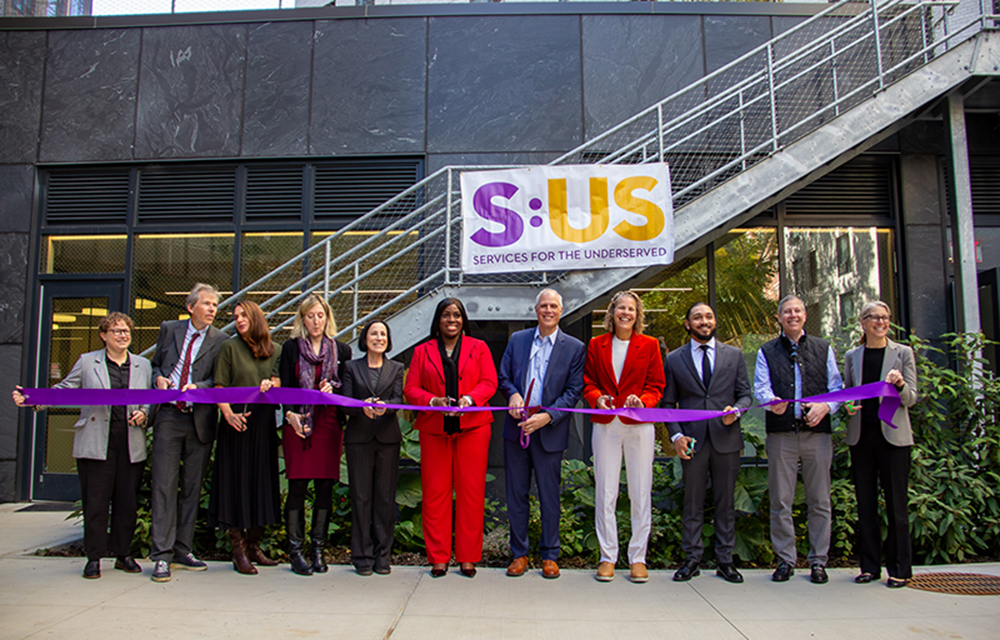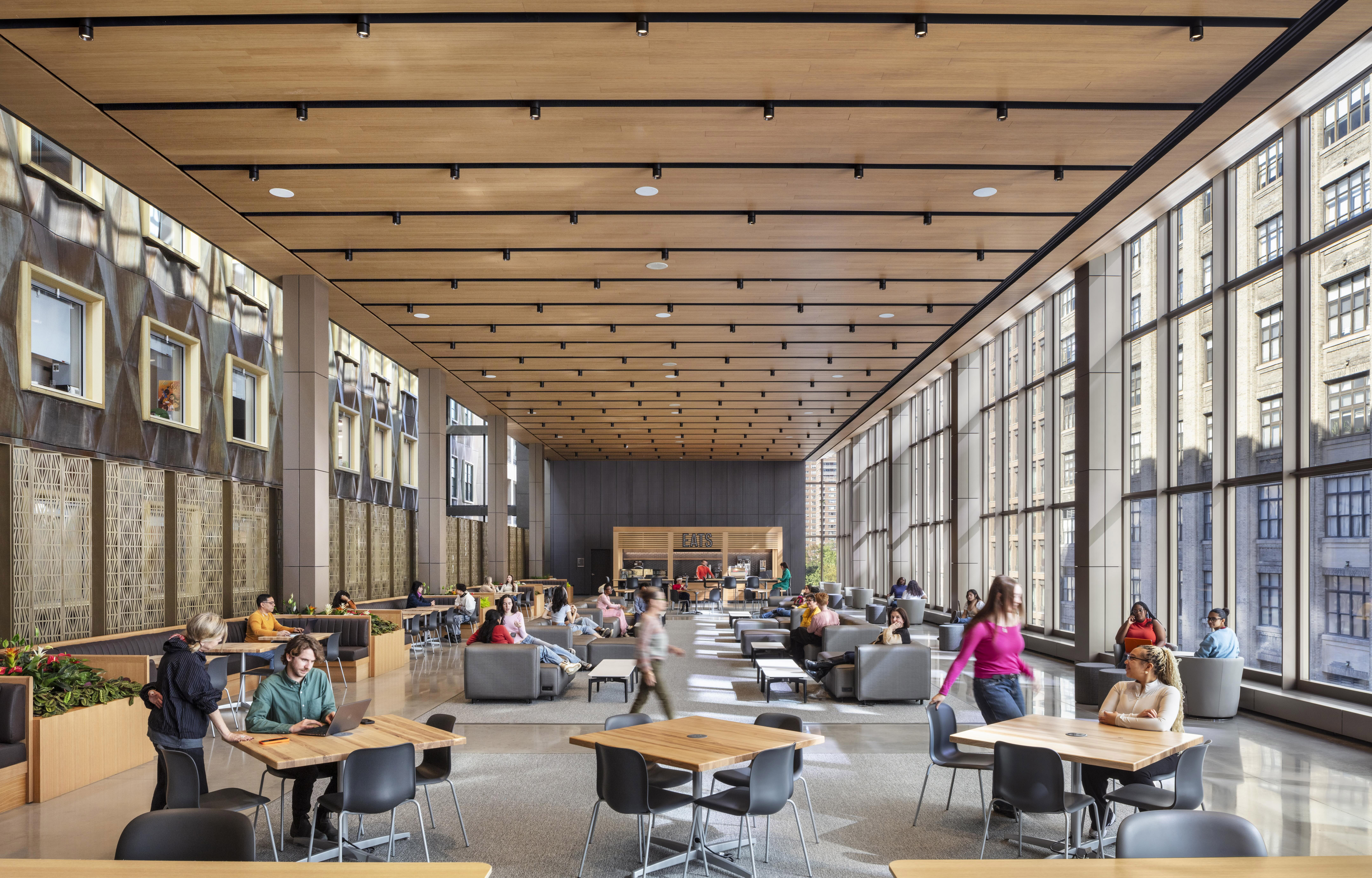News:
Construction Design & Engineering
Posted: January 13, 2012
Roof replacements: No margin for error and attention to detail is paramount
You have read or heard about roofing projects. You are familiar with the terminology (FRTP, ice damming, ice and water shield, required venting, etc.). Perhaps your facility has even spent several hundred thousand or even over a million dollars on roofing improvements and/or replacements within the last few years. Roofing has been the topic of thousands of properties since the advent of two events: failure of fire retardant treated plywood and severe ice damming events.
A roof replacement project is probably the most important reconstruction project that a facility will encounter during the first twenty to thirty years of its existence. As with any reconstruction project, the work should be undertaken and completed with the highest quality final work product and with minimal inconvenience to the facility. The professional is responsible for preparing a suitable, cost effective, design and construction specifications for the proposed improvement. Each roof system has individual elements that require special attention. A generic design or specification does not exist and making use of such a mechanism may, and often does, result in problems and increased costs, be it immediate or future.
Future problems may go unseen for years but become huge burdens to a building at a later date. Efficient, individualized, designs and specifications with qualified inspections reduce the possibility for undesirable circumstances. Problems are now arising from deficient roof replacement projects of the early nineties into the new millennium. This is unfortunate and could have easily been avoided.
There are several very important aspects of a roof replacement project that must be followed to ensure the building is receiving both a quality work product and workmanship. Failure to achieve these results can be detrimental to the new roof system and may result in added expenses to the facility overtime. Professional firms that offer consulting services regarding roofing issues should be knowledgeable about multifamily and commercial roof systems and the short and long-term problems that must be eliminated by qualified design and inspection. Such services include preparation of contracts and specifications, management of the construction process, and construction inspection services. If your building is embarking on a roof replacement project, you should confirm that your professional provides, at minimum, the following services:
* Verify that the specifications that will be prepared are individualized to your building. There will be many similarities in the specifications for any building; however, each facility should have specific requirements. It is important to know that you are getting a roof system that is going to meet all of the warranties for the new materials installed. If the warranties are not met, you may have failure of new fire retardant materials from moisture, failure of systems from heat buildup in the attic, or ice damming due to inadequate ventilation. Each building and each building type should be addressed individually. Flashing details, ice shield and venting requirements will vary significantly by building type.
* Failure of proper venting, flashing, or waterproofing may void the shingle manufacturer warranty and may cause premature degradation of the membrane or sheathing and future leaks. The leaks and degradation may occur when the contractor and professional are no longer available to rectify them. These issues should be properly addressed at the time of the replacement so they will not be a future problem.
Do not be afraid to ask the design professional why certain materials were specified over others. There are dozens of material variations to be considered when preparing a specification. Each condition should have a material specified that will best serve that condition - a material should not be specified simply because that material is usually specified.
Even the roofing material manufacturer, membrane type, and installation procedures should be individually analyzed - per project. Different products have different qualities that may make one product superior to another depending upon the time of year applied, pitch of the roof, and other existing site and building conditions, not to mention price. What may be the best material for one project is not necessarily the best for another.
Such attention to detail in the design phase will ensure optimum performance and useful life of the roof system.
* Make sure that your professional is inspecting the work with qualified inspectors, at roof level. Variations in original construction practices often require field decisions to be made at roof level. These decisions need to be made by qualified personnel.
There are many qualified roofing contractors; however, in mass production construction efforts, mistakes are made, and subcontracting crews are used. These crews are usually compensated by the main contractor by the quantity (number of squares) they complete each day. This being the case, it is essential to ensure that no "shortcuts" are being taken. If each area is not inspected, these deficiencies will go unnoticed because the roof system is closed and the potential problem is covered up. Years later, problems may start to appear, and remediation of these problems is, many times, costly.
Qualified inspection also means that the inspector(s) are not overwhelmed with increased production of the contractor. The inspector can only thoroughly observe a limited amount of construction. Limited daily production or increased qualified inspection is needed to ensure the roofs are reconstructed in full accordance with the specification on all buildings on all units. Failure to comply with the specifications on even one unit is not acceptable, especially if it is your unit that is leaking three years after the completion of the work.
A problem or leak during and after the roof project may occur. Immediate response to these problems should be expected. Twenty-four hour availability should be expected from the professional and contractor for any problem that occurs during or after the work. Securing the site each day is essential. No roof should be opened if rain is imminent and absolutely no roof should be left open overnight. The site should be cleaned and secure to 100% at the close of each day. Resident safety and inconvenience is essential for these types of projects. Limited production and/or proper inspection will ensure these concerns are addressed.
Roof replacement projects are one of the more important reconstruction projects that a building will encounter. Attention to detail is paramount to provide a roof system that will be completely effective for its full useful life.
William Pyznar, P.E., is principal for The Falcon Group, Bridgewater, N.J.
MORE FROM Construction Design & Engineering
Troutbrook expands with boutique condo project and Marriott Fairfield Inn & Suites renovation
Brooklyn, NY For more than 25 years, Troutbrook/Freud Development has remained focused on executing design-driven projects across the city. Its latest ventures reflect both a continued push into boutique residential development and an expansion








.gif)
.jpg)

.gif)